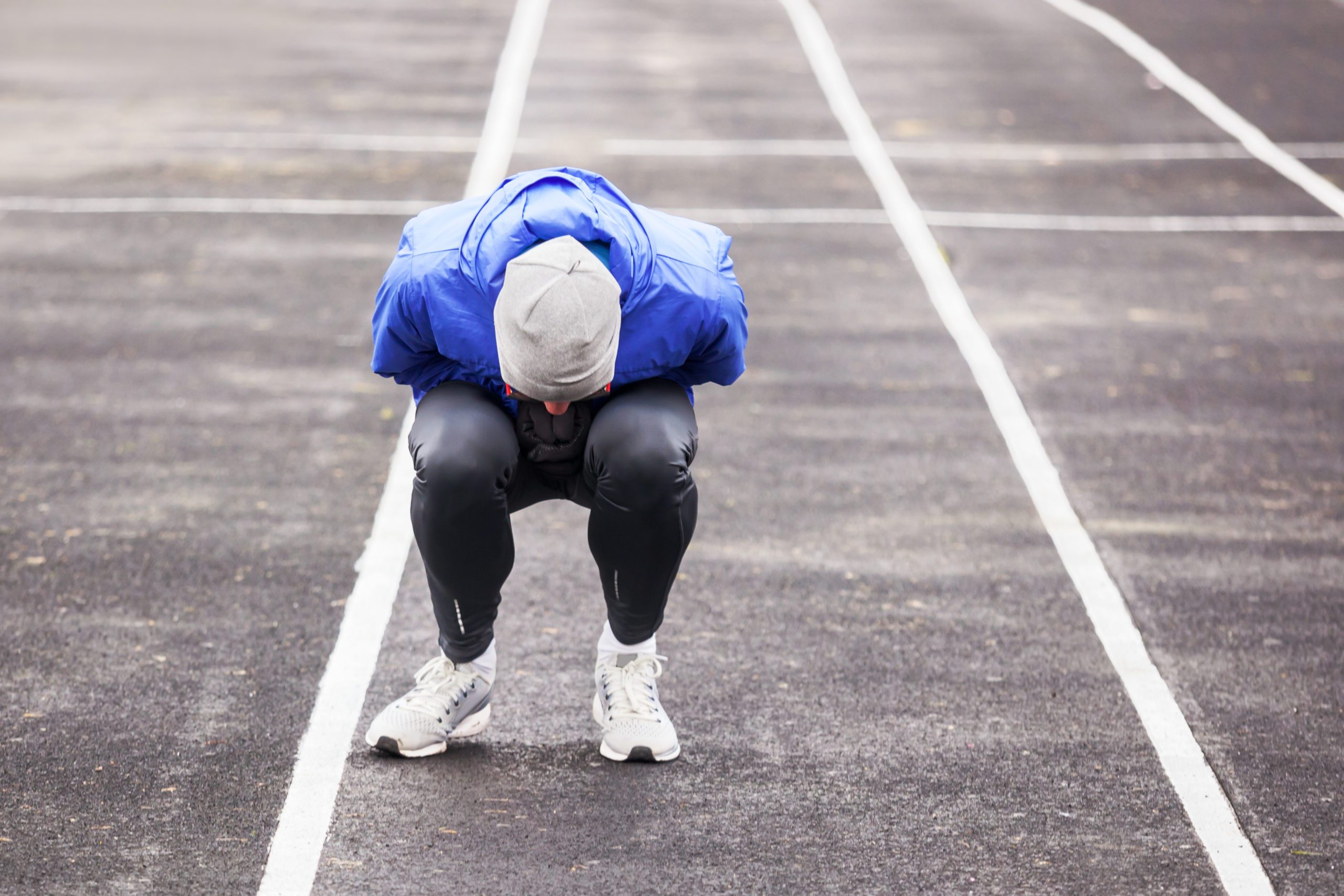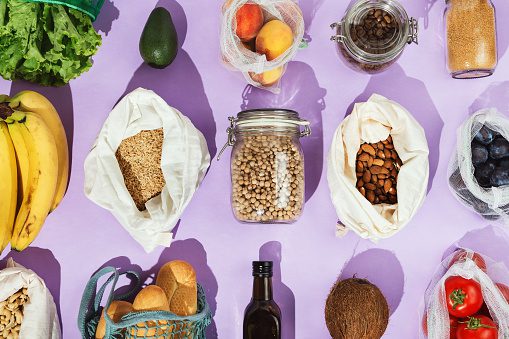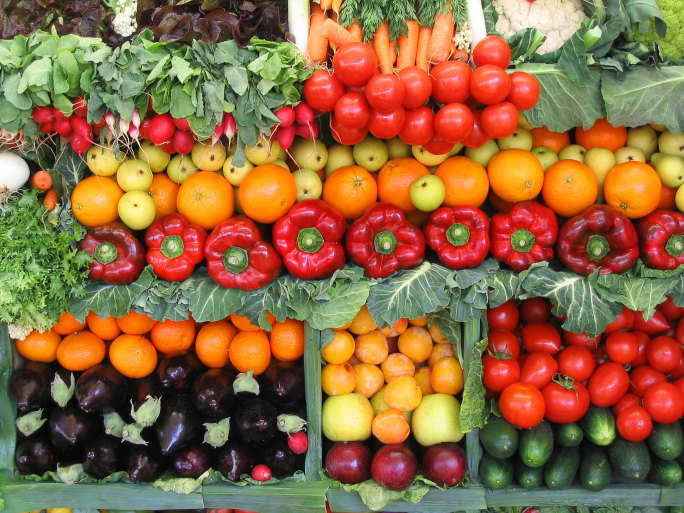Tips for avoiding bloating and gas while running
The heat can cause stomach upset in runners, here are some tips for avoiding it

Bloating is an issue that has plagued almost every runner at one point in their career. Maybe you ate something new before a run or your stomach could just be feeling off. Regardless of the reason, bloating is uncomfortable, and if it’s bad enough, it can completely derail a workout.
Rachel Hannah is a Pan Am medallist, 2:32 marathoner and registered dietician who says the summer is the time of year when bloating can be worst for runners due to the extreme heat. “Dehydration plays a huge role in digestion and stomach upset. If a runner isn’t drinking enough water, it can lead to constipation, gas production and nausea. This is why people can feel sick after running in the heat.” Here are some possible causes of bloating and suggestions to help fix your GI issues.
https://www.instagram.com/p/CA1WmPLnL6X/
RELATED: An ideal day of eating for a distance runner
If you’re a morning runner
If you’re a morning runner whose pre-run routine isn’t working, Hannah has some suggestions. First, she recommends runners avoid fibre and fat ahead of a morning workout. “If you’re running within an hour of waking up, a banana smoothie with dairy-free milk is a good option, just to get something in your stomach that can digest easily. If you’ve got over an hour, then a more complete meal should be fine.”
Foods to avoid before a run
Hannah says broccoli, cabbage, Brussels sprouts, cauliflower, bok choy, sprouts, lettuce, onions, artichokes, asparagus, pears, pear juice and peaches are all triggers for some people. While these foods are nutritionally-dense choices that should be included in a runner’s diet, just skip them in the couple of hours before a run if bloating has been as issue for you.

If you’ve been running in the heat
Heat is a factor that Hannah says many runners overlook. If bloating and gas hasn’t been an issue in the past but it’s recently been bothering you, it could be dehydration. This can be solved by sipping more water throughout the day, monitoring the colour of your urine (light straw is the ideal shade) and drinking more water right when you wake up.
A helpful tip: a pre-run sports drink is also easy on the stomach and hydrates you all at once.
If you have IBS or another ongoing GI issue
If you’re feeling consistently bloated and having a hard time getting it under control, Hannah says the low-FODAMP diet is an option for runners. “However, it is quite restrictive, so it’s important to begin the diet with the guidance of a registered dietician.”
Low-FODMAP refers to short-chain carbohydrates that include Fermentable Oligosaccharides, Disaccharides, Monosaccharides And Polyols (also referred to as sugar alcohols). They are common in dairy, legumes, wheat, rye, cashews and some nuts, certain fruits and vegetables (including watermelon, apricots, pears, apples, cauliflower, onions, asparagus, some varieties of beans and mushrooms), as well as honey and agave. The low-FOPMAP diet eliminates some of the high-calorie foods that are great for runners who can digest them, but can help runners who are struggling with their gut health.



